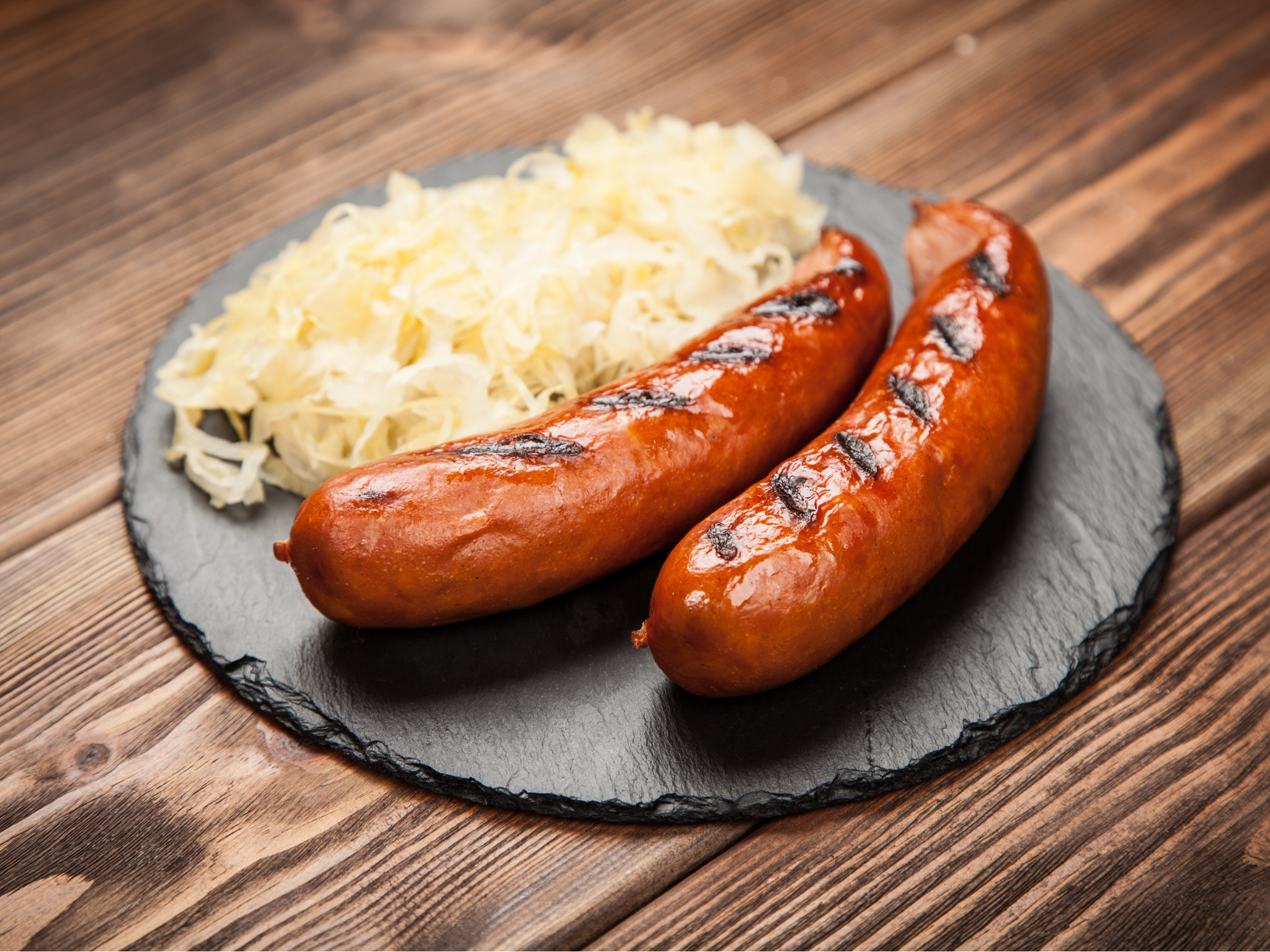‘A Paradigm Shift’: Germany Earmarks €38M Investment for Alt-Protein Transition in 2024 Federal Budget
5 Mins Read
Germany has set aside €38M in investment for the promotion of alternative proteins and a switch to plant-based agriculture in its federal budget for 2024. This includes promoting the manufacturing and processing of plant-based, cultivated and fermented proteins, supporting a transition to plant-based farming, as well as opening a Proteins of the Future centre.
The Budget Committee of the German Bundestag has announced €38M in funding for a sustainable protein transition in 2024, extending Germany’s reputation as a European leader in alternative protein.
The investment promotes a focus on future-facing proteins for human nutrition over animal feed, increased research funding for plant-based foods and cultivated meat, support for farmers to transition from animal agriculture to plant-based farming, and set up a new protein centre.
It coincides with a funding structure announced by the Federal Ministry of Food and Agriculture (BMEL) that will provide subsidies to pig farms for a transition from animal husbandry to better forms of husbandry, with a total sum of €705M until 2033. Additionally, €1M has also been made available in the new budget to support efforts to reduce animal testing – something Germany has been criticised for previously – with a further €1M reserved for future budgets.
What Germany’s 2024 budget means for sustainable proteins

Germany’s new alt-protein funding is broken down into multiple focus areas, following “intensive negotiations” that paved the way for a “clear commitment to the protein transition”, as outlined by Bundestag and Green party member Zoe Mayer.
“For the first time, a large sum – 38 million euros in 2024 – will be earmarked for the promotion of alternative protein sources and the switch to plant-based agriculture, after decades of focusing primarily on subsidising livestock farming,” she said in a press release. (In the EU, at least 50% of cattle farmers’ income comes directly from government subsidies.)
As per Germany’s 2024 budget, the BMEL’s protein crop strategy will see €8M earmarked for greater focus on human nutrition over animal feed for these proteins. The largest section of the funds (€20M) will go to an ‘opportunity programme’ aiding the transition from animal husbandry to plant-based, cultivated or fermented protein processing. The remaining €10M has been set aside for the production and processing of these alternative proteins and projects that promote this transition.
This will be helped by the establishment of a stakeholder forum on protein sources for human nutrition, as well as a Proteins of the Future Competence Centre. Industry think-tank the Good Food Institute (GFI) Europe says this centre should develop a roadmap for the protein transition with measurable goals, and set out what needs to be done by both industry and politicians to put Germany at the forefront of the alternative protein landscape by 2030.
“The announced Competence Centre Proteins of the Future offers the opportunity for work on alternative protein sources in Germany to be better coordinated and aligned with a strategic goal in future,” said Ivo Rzegotta, senior public affairs manager for Germany at GFI Europe. “Germany needs a roadmap for the transition towards more alternative protein sources and such a centre can be the first step in developing such a strategy with all relevant departments and stakeholders.”
This roadmap, GFI Europe suggests, should combine the definition of research priorities, the coordination of public research funding, the support of companies with regulatory issues, the development of production capacities, and the role of farmers in the transformation.
Government funding a positive sign, but can go much further

This isn’t the first time there has been government support for sustainable proteins in Germany. Last year, the country introduced its latest nutrition strategy, one of the main focuses of which is an increase in plant-based eating – particularly in government-run establishments like hospitals and schools.
In fact, according to GFI Europe, Germany is the largest plant-based food market in Europe, with sales rising by 11% from 2020 to reach €1.9B. It boasts 12% of vegans and vegetarians, with a USDA report calling it Europe’s largest flexitarian population (with 55% following this diet). Meanwhile, meat consumption has reduced in the country – a 750-person survey by the EU’s Smart Protein project earlier this month revealed that the nation has seen the greatest fall in meat intake (alongside Italy), with 59% eating less meat in 2022 than a year earlier.
Other isolated instances of funding in this sector include the agricultural ministry’s financing of alt-protein projects, which also comprises research into cultivated fish, as GFI Europe states. Meanwhile, the education and research ministry is funding projects in the NewFoodSystem innovation area and the Cellzero Meat project, and the economic affairs and energy ministry is supporting near-market projects in scaling up with its Industrial Bioeconomy funding programme.
Moreover, Germany was home to a meeting of the Legume Generation consortium – an €8.6M, five-year project backed by the UK and EU to reduce the protein deficit through legume production – at the Leibniz Institute of Plant Genetics and Crop Plant Research (IPK) earlier this month.
But a study by the Fraunhofer Institute for Systems and Innovation Research (ISI) from June suggests that funding measures in Germany have been uncoordinated, individual instances that don’t follow a coherent overall strategy for the sector’s development, adding that the investment is significantly lower than in other countries.
And last week, the German Constitutional Court struck down funding for climate action not included in the budget, stating that repurposing €60B of unused pandemic funds from 2021 to finance climate protection went against the country’s Basic Law.
Plus, an investigation last month revealed how six members of the EU Parliament – two of whom are from Germany – have deep ties with agricultural lobby groups and are opposing key pieces of legislation from the Green Deal, including the pesticide reduction law. One of the German MEPs, Christine Schneider, is part of a group that governs the European Food Forum, described as a non-partisan food and farming platform – but its business members include pesticide association CropLife, Cefic (which represents agrochemical firms like BASF and Bayer) and Yara, Europe’s biggest fertiliser company.
Nevertheless, the 2024 budget’s focus on plant proteins represents a positive step, says Rzegotta: “With this decision on the protein transition, the coalition is taking a big step towards the transition to a sustainable food system laid out in the coalition agreement. The agreed funding measures for research and transformation will put Germany on the path to becoming a leader in this emerging field.”
Along similar lines, Mayer added: “Our budget holders were able to push through key green demands that represent nothing less than a paradigm shift in the agricultural sector’s funding system.”




